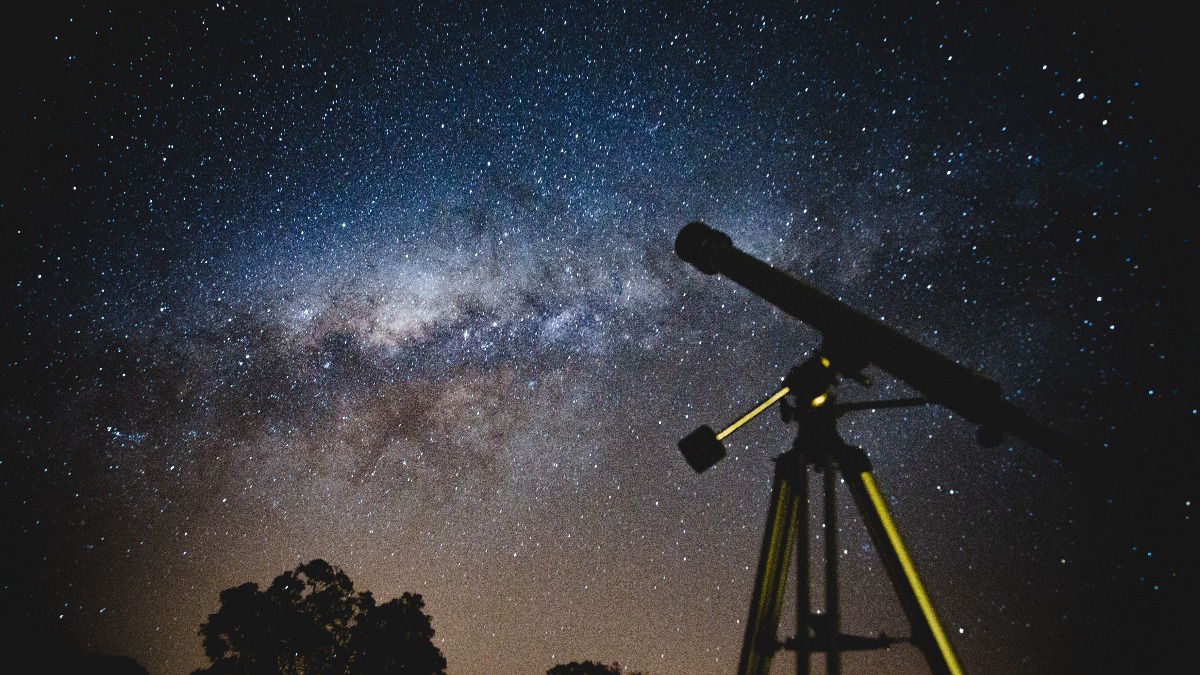The 2020 American Astronomical Society Division of Planetary Sciences (AAS DPS) Meeting took place virtually Oct. 26-30.
Seniors Yadira Gaibor and Meredith Vogel from the department of physics, astronomy and materials science presented at the conference:
- Gaibor presented “Constraints on Warm Jupiter Formation and Evolution from Planetary Companions.”
- Vogel presented “Orbit Perturbations of Habitable Zone Planets and Implications for Habitability.”
“The conference allowed us to connect with other researchers. We learned a lot about the state of the field,” Vogel said. “It also let us get involved in efforts to involve greater diversity and inclusion in astronomy.”
A virtual field trip
Dr. Sarah Morrison, assistant professor of astronomy and Gaibor and Vogel’s advisor, co-authored their papers.
She also took her AST 313: The New Solar Systems students on a virtual field trip to the AAS DPS meeting. A donation to the Missouri State Foundation made the trip possible.
The students participated in professional development activities at the conference.
“They gained exposure to areas of ongoing research in the planetary sciences,” Morrison said. “This was especially useful for those intending to go to graduate school.”
Students in the class will apply research from the meeting to their term project. They will design a mission or scientific effort to advance the planetary sciences.
“The realistic, mid-sized project has a budgetary scope of a few hundred million dollars. This isn’t typical for the undergraduate level,” Morrison said. “But the project develops students’ skills in managing tasks and connecting state-of-the-art research to a larger scale effort. Such skills can help prepare them for the workforce and their future education.”
The conference experience
Gaibor appreciated the conference’s specific focus on planetary sciences. This allowed her to engage in more focused discussions about her research.
She was glad the conference also allowed participants to interact in a less formal setting.
“The informal events were really interesting. They included daily science chats, a discussion forum on women in planetary science and a trivia night,” Gaibor said. “It was great to meet with fellow scientists in a more casual environment.”
Vogel especially enjoyed the conference’s student reception.
“I was able to speak with graduate students from other institutions,” Vogel said. “They provided me with some great tips on what to look for in a graduate school.”
About AAS DPS
AAS is the primary organization for professional astronomers in North America.
DPS serves as a sub-organization of the society devoted to solar system research.
Members of AAS DPS investigate a broad range of bodies within the solar system. They also study extrasolar planetary systems.

